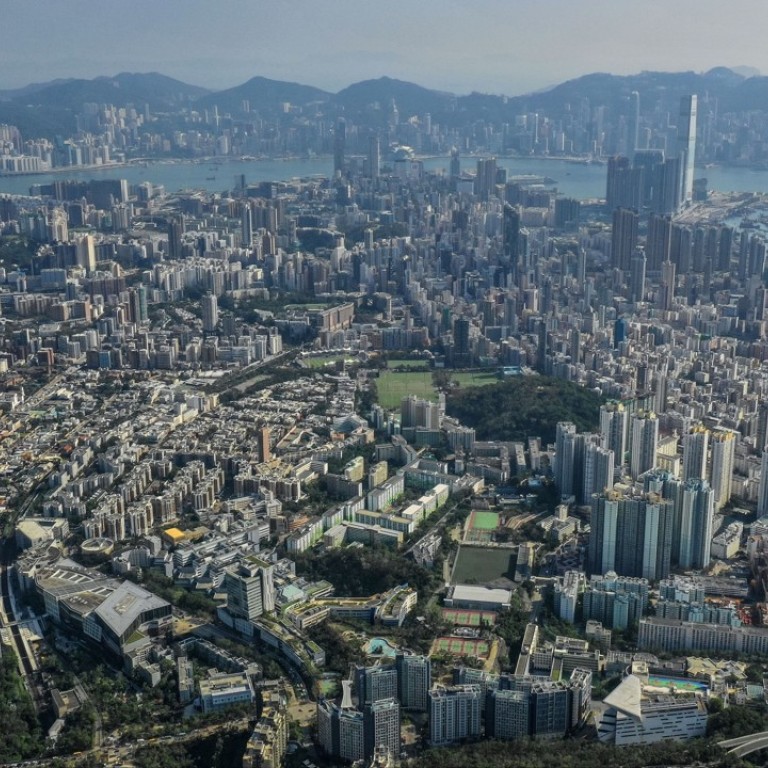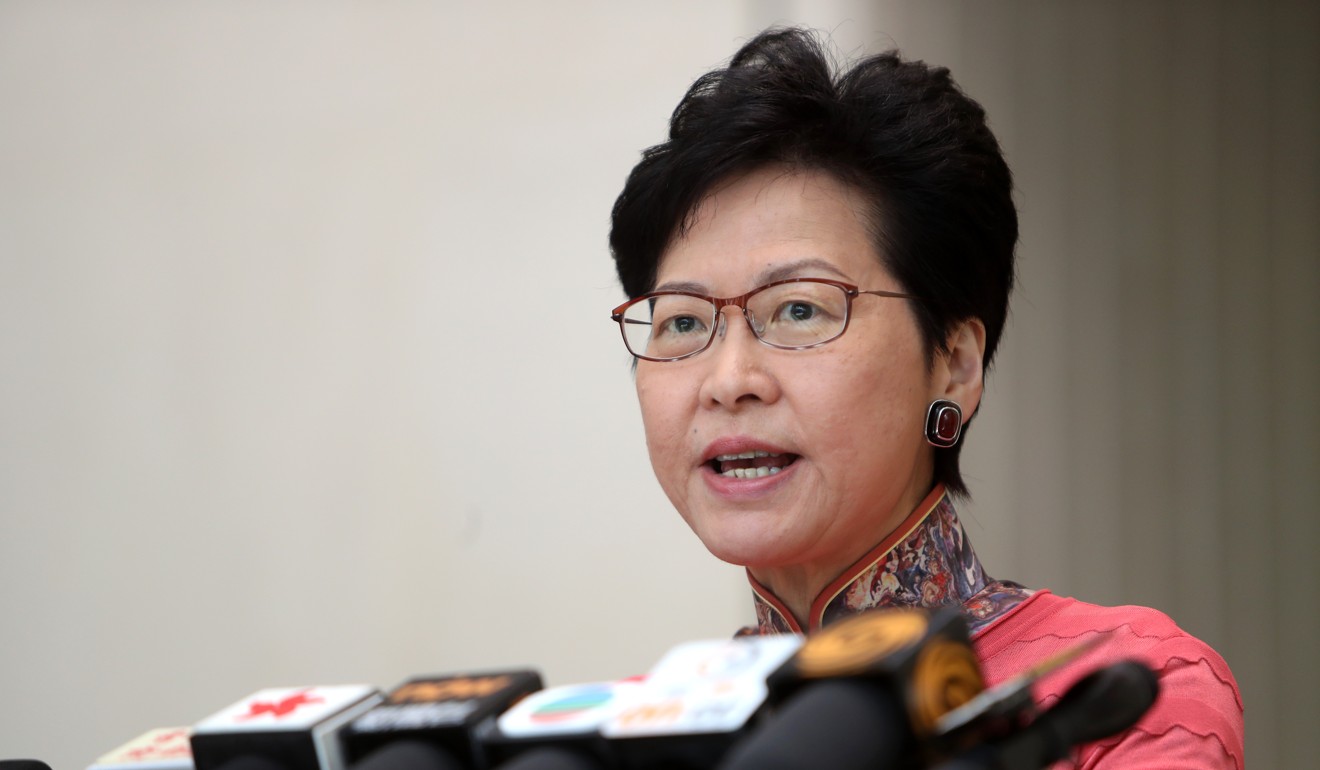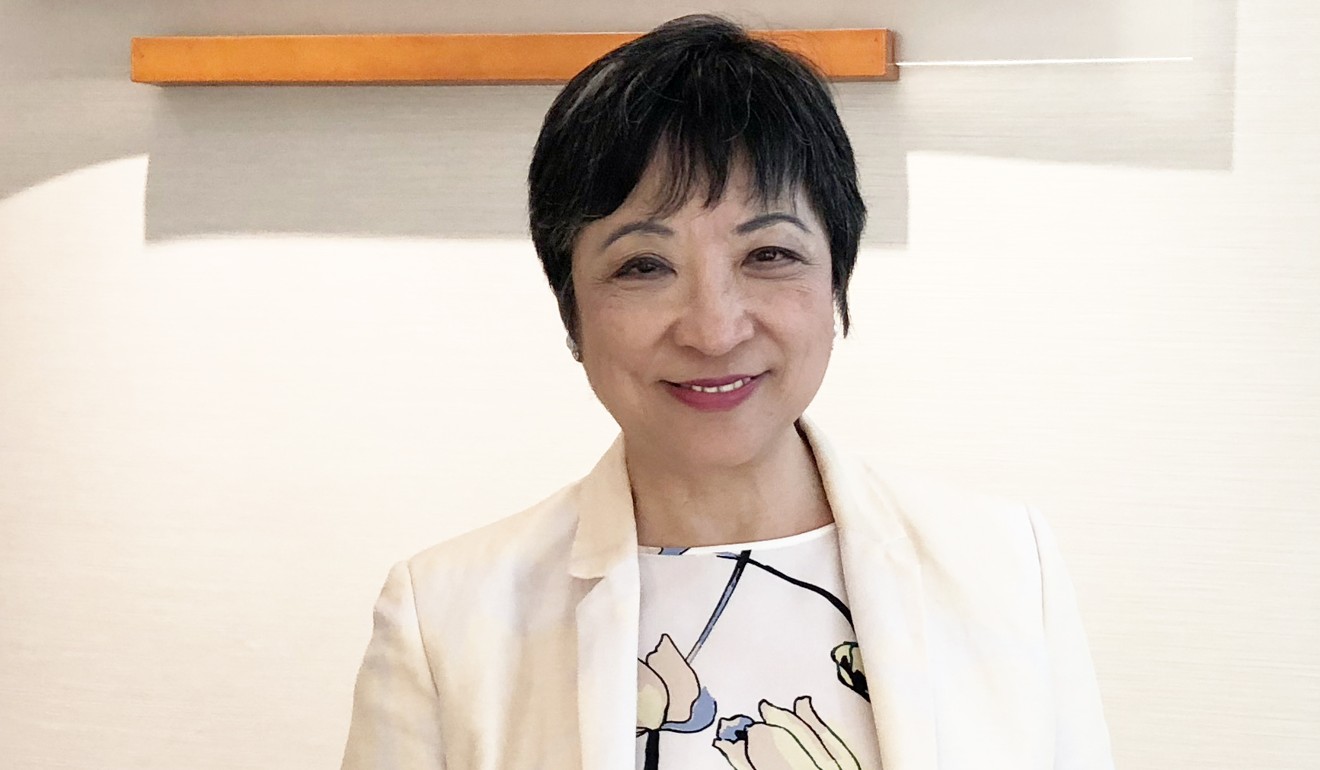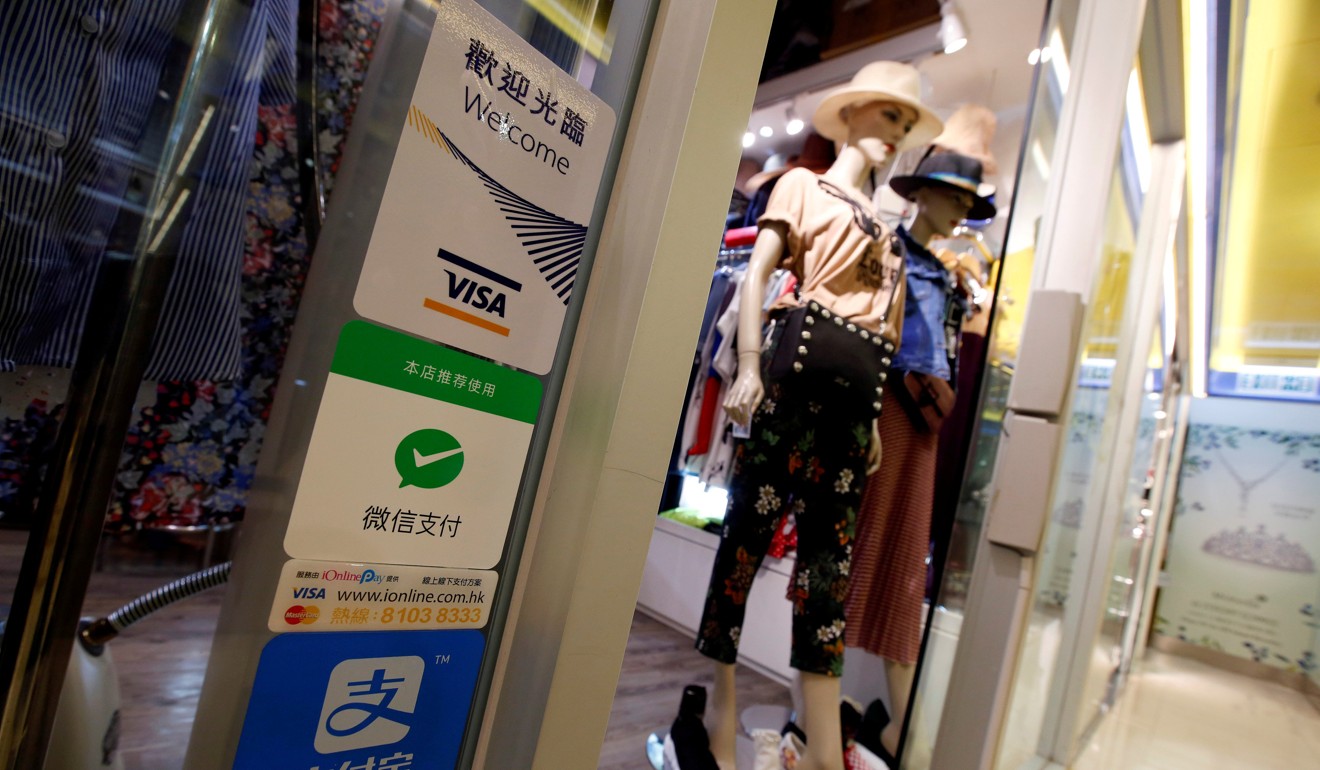
Time for Hong Kong government to get smart about modernising city, think tank says
Six-month study by Tianda Institute led by former Legislative Council head finds general public does not understand why being smart city is important
The general public’s limited understanding of what it means to be a smart city is just one of the things slowing Hong Kong’s development, according to a report from a private think tank.
Other reasons for local failings in innovation and technology include the lack of a holistic approach, and not enough skilled workers in the sector.
Tech-savvy Hongkongers are the ones who will power a smart city

The six-month study was conducted through literature review and focus group discussions, along with interviews with different key players, including smart city pioneers, advocacy groups, consultants, lawmakers and academics.
Google tells Hong Kong: traditional approach is not a smart choice
“Many people think it is only about information technology, and has nothing to do with them,” Ng said. “The government has failed to let them realise turning Hong Kong into a smart city is a common goal which requires everyone’s participation.”
Ng said the blueprint was merely, “a summary of all the initiatives which the government has prepared and is capable of implementing within five years”, and was far from a long-term strategy marked by vision.
Keep up, or die: Circle K chief on adapting to digital shift
“I hope Lam would provide a clear strategy in her policy address on how to utilise the city’s strength to achieve the goal in the long-run.”

A lot more could have been achieved if the government had got the citizens involved in the movement, Ng continued, citing the administration’s reluctance to open up more data over privacy concerns, a move which has constantly put it under fire.
Ng said the Australian government, which used to face the same problem, had earlier conducted a consultation to gauge people’s opinions on how far they could accept personal data being made public. It discovered many did not mind, as long as they were not identifiable.
Hong Kong must step up its game to become a smart city
“The government needs to give Hongkongers the confidence, and explain why it thinks it’s worth it,” she said. “Of course, it is important to build trust.”

Meanwhile, the study also pointed to a lack of talent in the city, as well as within the government, as one of the key challenges.
What’s holding Hong Kong back from becoming a smarter city?
Ng said the administration should not only rely on external consultants, adding the city must strengthen its effort in developing STEM education.
Lam’s administration should set up a new office to coordinate the smart city development, the think tank head suggested, as there were limits to what the Office of the Government Chief Information Officer could do.
The new office should not only provide technical support to different projects but also offer training to civil servants and the private sector, Ng added.
Hong Kong’s smart city vision in a fog amid fight over 5G bandwidth access
“Building a smart city is not just about information technology. It is to improve the quality of life for everyone, and it requires the coordination of every bureau.”
According to the 2017 Smart City Index, compiled by Swedish firm EasyPark, Hong Kong trailed other major Asian cities such as Singapore, Seoul and Tokyo in harnessing advanced technology and building it into its basic functions.

